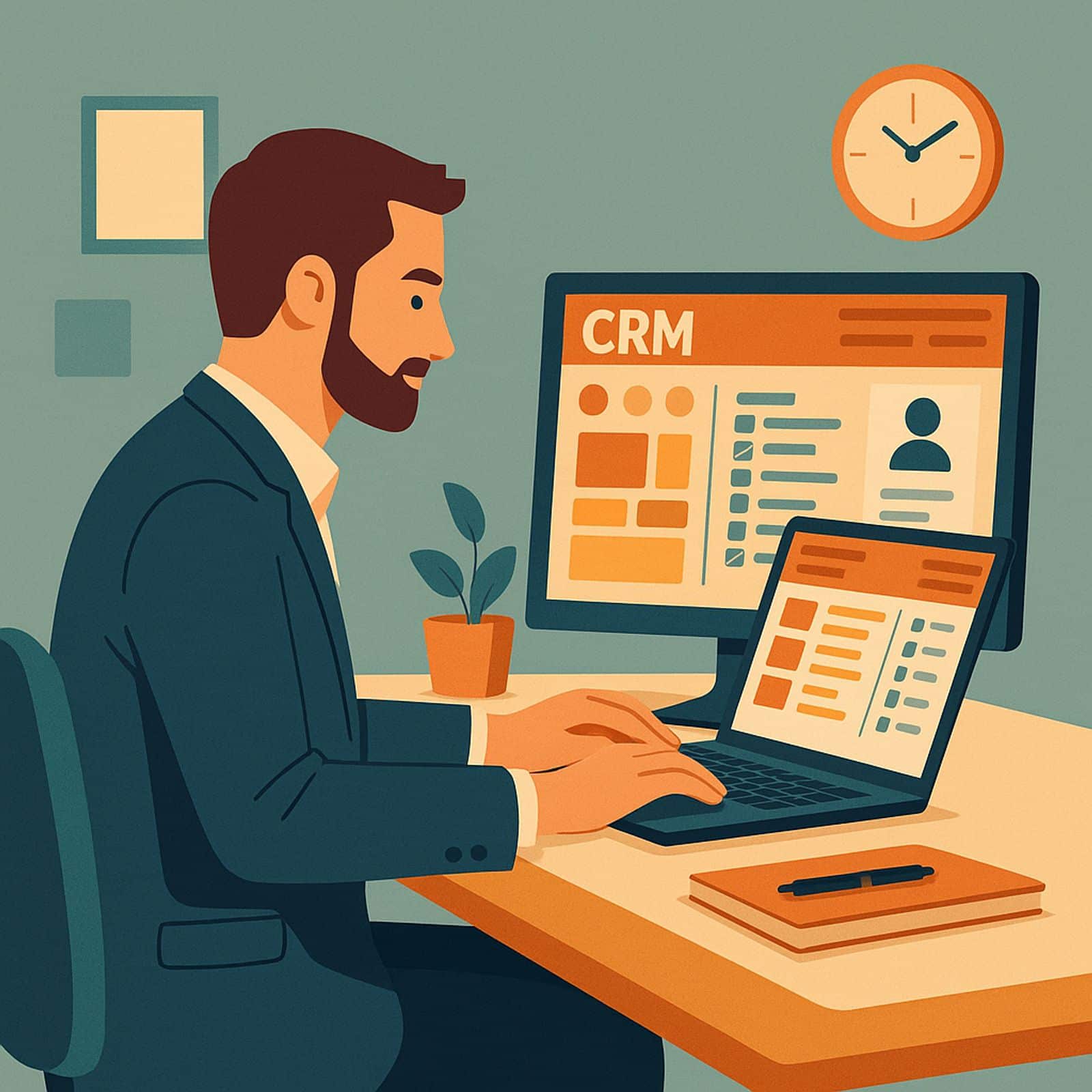Discover The Best CRM Setup for Marketing Agencies: Modules, Contacts, and Tailored Pipeline
Introduction
A marketing agency juggles leads, clients, freelancers, and partners daily. Without structure, disorganization takes over. A good CRM centralizes data, automates follow-ups, and smoothens communication. But it must be properly configured.
Which contact types should you create?
In an agency, contacts are diverse. Here are the most common types to integrate:
- Prospects: incoming leads from website, campaigns, or referrals
- Active clients: in-progress or recurring projects
- Former clients: to occasionally re-engage
- Partners: freelancers, tech vendors, printers…
- Cold leads: inactive prospects to monitor long-term
Use tags or custom fields to segment and target effectively.
Essential modules to activate
A basic CRM isn’t enough—you need modules tailored to agency workflows:
- Pipeline management: track marketing projects from brief to delivery
- Tasks and reminders: never miss a deadline
- Billing: quotes, invoices, and payment follow-ups
- Automations: automatic follow-ups, lead scoring, etc.
- Email marketing: segmented campaigns by contact type
- Contact form: feed your CRM directly from your website
Relevant custom fields
Every sector has key data. For a marketing agency, consider these fields:
- Estimated budget
- Type of service requested (SEO, ads, branding…)
- Prospect acquisition channel
- Project deadline
- Assigned project manager
- Level of urgency or complexity
This data helps prioritize and personalize follow-ups.
Example of a tailored client journey
A typical cycle for an agency:
- Qualified lead (interest confirmed)
- Brief received (discussion or document)
- Quote sent
- Quote signed
- Project underway
- Project delivered
- Client retention (post-project reactivation)
Each step can trigger actions: internal tasks, automated emails, or alerts.
Real-world use case
A digital advertising agency uses a CRM to manage LinkedIn Ads leads.
Once a form is submitted, the lead is tagged “Paid Lead,” a task is scheduled within 24h, and a welcome email is sent.
This process saves them 3 hours per week.
Conclusion
A well-configured CRM makes a major difference in marketing agencies.
It improves coordination, ensures nothing falls through the cracks, and enhances client experience.
By aligning modules, contacts, and cycles to agency realities, you streamline operations and free up time to focus on creative value.












